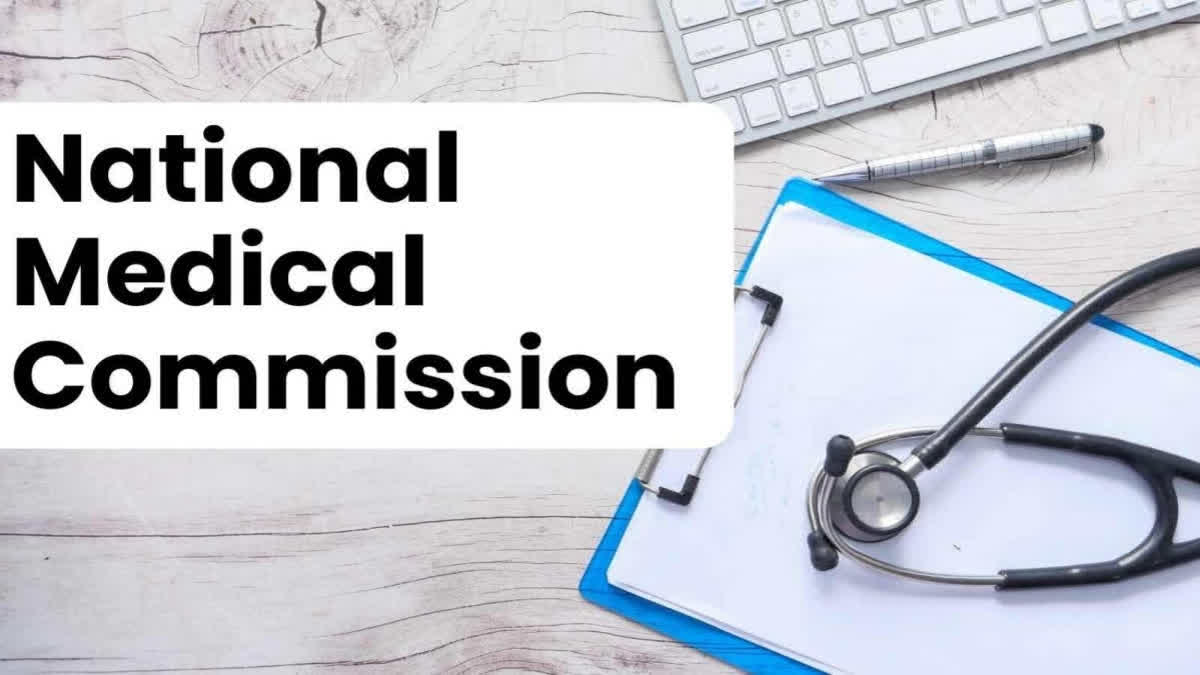New Delhi:The National Medical Commission on Thursday issued revised guidelines for its competency-based medical education curriculum, removing sodomy and lesbianism as "unnatural sexual offences".
It has also scrapped topics such as hymen and its types, its medico-legal importance, besides defining virginity and defloration. The amended curriculum states that describing and discussing "signs" of virginity (so called 'virginity test', including finger tests on female genitalia) are unscientific, inhuman and discriminatory.
It talks about teaching students to discuss how to appraise the courts about the unscientific basis of these tests, if one is ordered. Topics for discussion such as sexual perversions, fetishism, transvestism, voyeurism, sadism, necrophagia, masochism, exhibitionism, frotteurism and necrophilia have also been removed.
Facing backlash from activists, the National Medical Commission (NMC) on September 5 withdrew the guidelines in which it had reintroduced sodomy and lesbianism as "unnatural sexual offences" under the category of forensic medicine and toxicology curriculum for undergraduate medical students after removing it in 2022.
It had also reintroduced topics such as hymen and its types and its medico-legal importance in the guidelines issued on August 31. These subjects had been removed in accordance with a Madras High Court directive in 2022. The revised curriculum under forensic medicine and toxicology has now scrapped all these topics. The guidelines issued on Thursday also mention teaching the difference between paraphilia and paraphilic disorder.
Under the forensic medicine and toxicology category, the revised guidelines also talk about teaching students about describing legal competencies, including the Bharatiya Nagarika Suraksha Sanhita, Bharatiya Nyay Sanhita, Bharatiya Sakshya Adhiniyam, Protection of Children from Sexual Offences (POCSO) Act, civil and criminal cases, inquest (police and magistraterial), cognisable and non-cognisable offences.
At the end of teaching-learning in forensic medicine and toxicology, students should be able to understand the medico-legal framework of medical practice, codes of conduct, medical ethics, professional misconduct and medical negligence, conducting medico-legal examination and documentation of various medico-legal cases and understand the latest Acts and laws related to medical professional, including related court judgements, the NMC said in its document.
